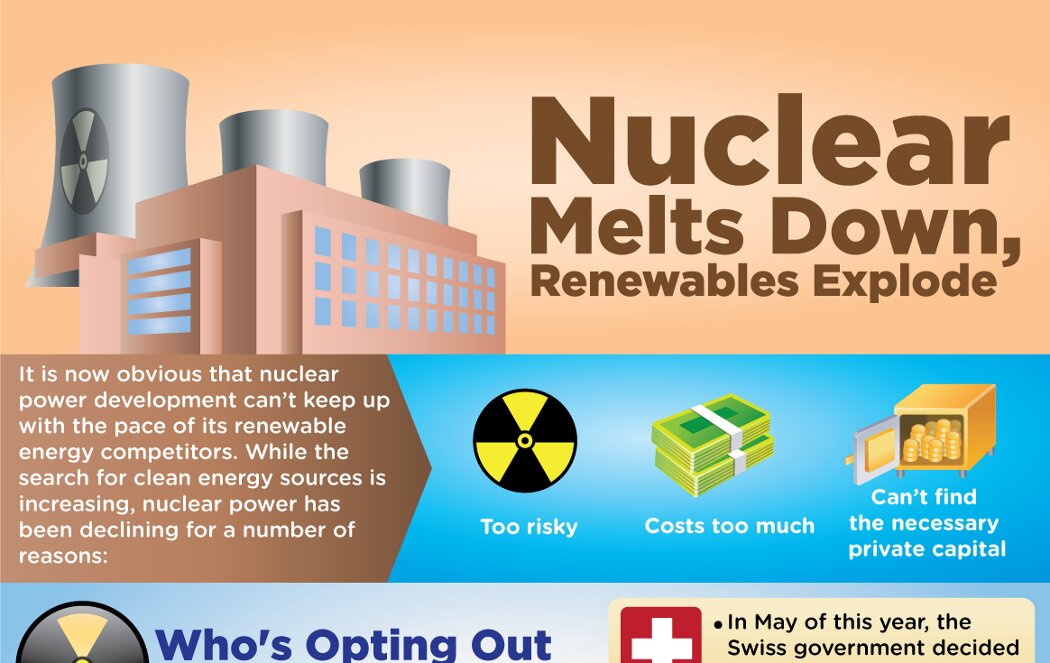Advantages and Disadvantages of Nuclear Energy
Just like other forms of energy, nuclear energy has its own advantages and disadvantages. Nuclear energy is considered to be a very controversial and hot issue when it talks about its advantages and drawbacks. Many people believe that nuclear energy only offers minimal advantages and great numbers of advantages. It is important for a lot of people to understand and learn all the nuclear energy’s pros and cons. Learning all its advantages and disadvantages changes the people’s perception about this matter. Here are some of the nuclear energy’s pros and cons.
Before involving nuclear energy as a producer of energy at the state level, it is necessary to weigh all the pros and cons of their use. Thus, we will be able to critically consider this type of energy, through the prism of eco-protection and human resources, you can read more about this topic, drawing on the experience and trust literature used in their work exclusive-paper.com.
Pros of Nuclear Energy
Despite the possible cons and the controversy that surround nuclear energy, it still promotes some advantages above other types of energy on the market.
1. When it talks about the nuclear energy expense, less uranium is required in producing similar quantity of energy as oil or coal that lowers the productivity cost of similar amount of energy. Uranium is also cheap to transport and procure which helps in lowering the whole cost.
2. If a particular nuclear power plant operates properly, it can run up to 540 days uninterruptedly. In this way, less power interruptions or fewer brownouts will be guaranteed. The nuclear plant operation is not contingent on foreign suppliers and weather which makes it ideal and more stable compared to other types of energy.
3. Since nuclear energy doesn’t include emissions, it doesn’t give off greenhouse gases. Because of its lack of greenhouse gases, many consumers and other individuals tend to see nuclear energy attractive
4. Aside from this, nuclear plants do not need a huge space.
5. Nuclear energy does not promote pollution since it does not emit and produce carbon and smoke particles.
6. Reliability is another advantage of nuclear energy since it does not depend on weather and other elements.
Cons of Nuclear Energy
One primary reason why nuclear energy falls often is because of its number of disadvantages.
1. In fission process, uranium is being used due to its unstable natural element. This requires special precautions during the storing, mining and transporting of the uranium and the storing process of any waste product to avoid harmful levels of radiation.
2. The nuclear fission compartments are being cooled by water and then turned into steam that is used to charge nuclear turbines. After water is used, it is pumped into wetlands. In this case, it pollutes the ecosystem and water.
3. Resulted radioactive byproducts must be removed after the uranium was broken down. The storage of such byproducts can result in contamination through leaks.
4. Such leaks can lead to the emission of radiation and could be catastrophic for many individuals.
5. Some nuclear reactors have been shut down and failed. These take up essential land space and could contaminate the nearby ecosystem.
6. Nuclear accidents could spread radiation particles which could risk the health of many people and can even lead to sudden death.
All pros and cons stated above let anyone know and learn the advantages and risks that can occur during the nuclear energy process.


